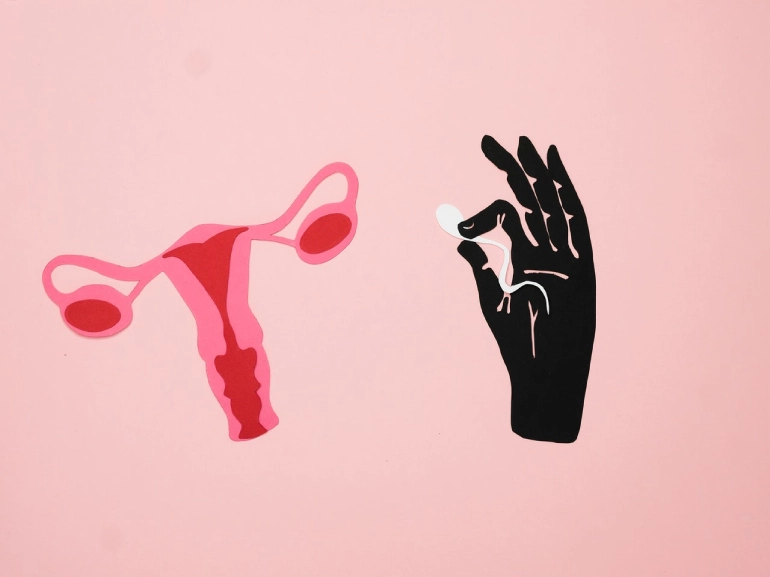One of the most significant changes that a woman’s body goes through is pregnancy. This can be an amazing experience, but also one that comes with some challenges and changes. Here are some of the most common pregnancy concerns and answers to help you get started on your journey!
1. What should I eat?
Pregnancy is not the time to diet or restrict your food intake. You need to eat a healthy, balanced diet to ensure that you and your baby are getting the nutrients you need. Some foods that are especially beneficial during pregnancy include fruits, vegetables, lean protein, whole grains, and dairy products. It’s also important to drink plenty of water and avoid too much caffeine.
2. Can I still exercise?
Yes, you can still exercise during pregnancy as long as you are cleared to do so by your doctor. In fact, exercise is beneficial for both you and your baby. Just be sure to listen to your body and stop if you feel uncomfortable or tired. Some good exercises to try during pregnancy include walking, swimming, and prenatal yoga.
3. Can I have medical procedures done?
Many medical procedures are safe during pregnancy, but it’s always best to check with your doctor first. Some common procedures that can be done during pregnancy include ultrasounds, blood tests, and X-rays. It is also safe to go to your local dentist if you need dental procedures done before giving birth. It’s important to note that some procedures, such as anesthesia, should be avoided if possible.
4. What if I’m not feeling well?
If you are not feeling well, it’s important to contact your doctor. Many common illnesses and conditions can be treated safely during pregnancy. However, some illnesses, such as the flu, can be harmful to both you and your baby. It’s important to get plenty of rest and drink plenty of fluids if you are ill.
5. Will I gain weight?
Most women do gain weight during pregnancy, but how much depends on the woman’s pre-pregnancy body weight and diet. You should aim to gain between 25 and 35 pounds total, with most of the weight gained in the second and third trimesters. Gaining too much or too little weight can be harmful to both you and your baby. Consult your doctor about what can you expect in this situation.
6. What will my body look like after childbirth?
Many women are concerned about how their bodies will look after childbirth. The good news is that most bodies go back to their pre-pregnancy state within a few months. However, there are some changes that are permanent, such as stretch marks and loose skin. You can minimize these changes by eating healthy and exercising regularly. Talk to your doctor about post-pregnancy exercises that are safe for you.
7. What if I want to breastfeed?

Breastfeeding is the healthiest option for both you and your baby. It can provide many benefits, such as reducing your baby’s risk of asthma, allergies, and obesity. Breastfeeding also helps to establish a close bond between mother and baby. If you want to breastfeed, it’s important to get information and support from a lactation consultant.
8. What if I have problems with breastfeeding?
Breastfeeding can be difficult for some women, and it’s important to seek help if you are having trouble. There are many resources available, such as lactation consultants and support groups. You can also contact your doctor if you are having problems.
9. What vaccinations can I get during pregnancy?
There are several vaccinations that are safe to receive during pregnancy. These include the flu vaccine, the Tdap vaccine, and the HPV vaccine. It’s important to discuss any vaccines you are considering with your doctor to make sure they are safe for you and your baby.
10. Can I have sex?
Sex, for the most part, is safe during pregnancy. Having sex will not harm the baby as it is protected by the amniotic sac and the uterus. However, you should consult your doctor if you have any concerns. Some positions may be more comfortable than others during pregnancy. You may also want to avoid having sex close to your due date as this can lead to premature labor.
11. What are the risks of childbirth?
There are some risks associated with childbirth, but most are rare. Some of the risks include hemorrhage, infection, and cesarean section. It’s important to discuss any risks with your doctor so you can make an informed decision about delivery.
Pregnancy is a beautiful time in life and so many women worry about what will happen to their bodies. Luckily, most of the changes that occur are temporary and you can take steps to minimize them by eating healthy, exercising regularly, and talking with your doctor about post-pregnancy exercises that are safe for you. If you are concerned about the welfare of your baby, the best thing to do is ask you doctor about it.



